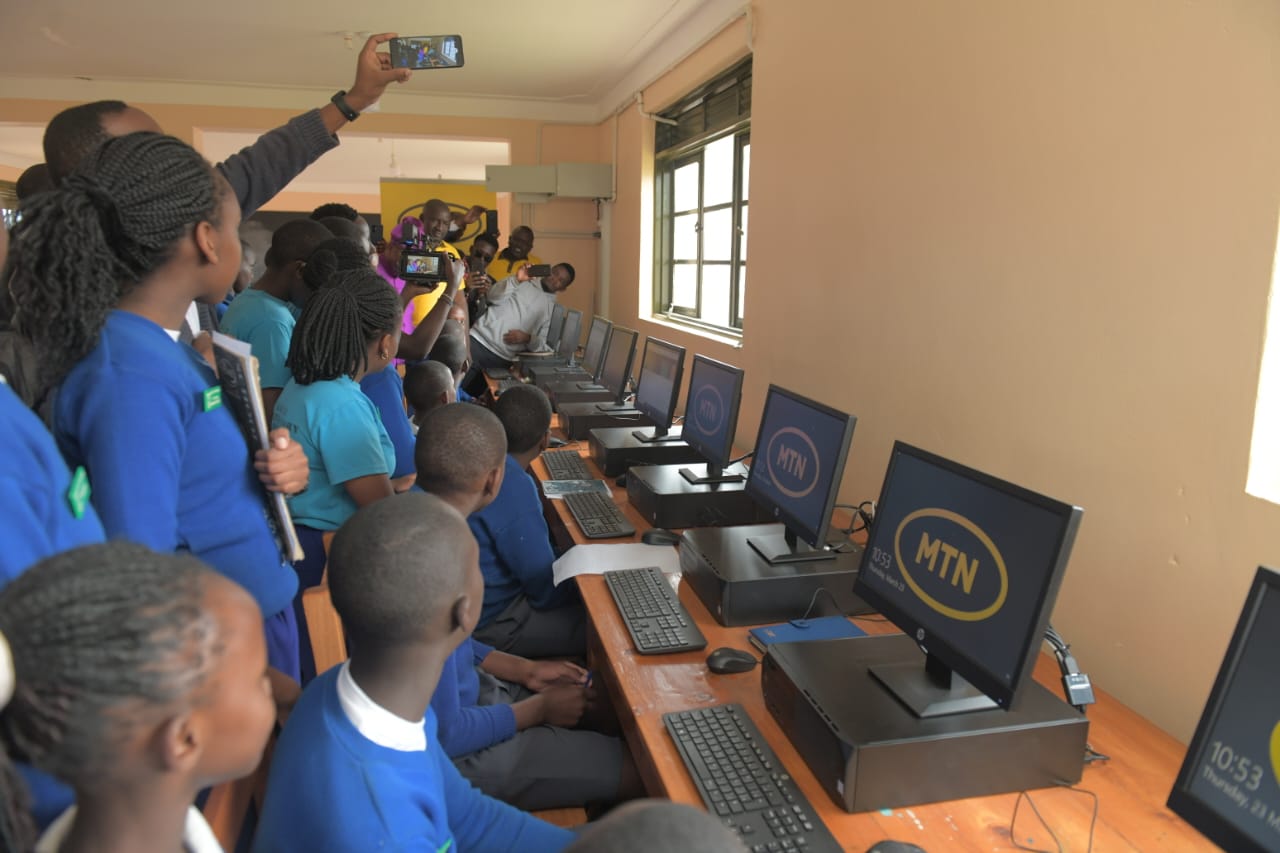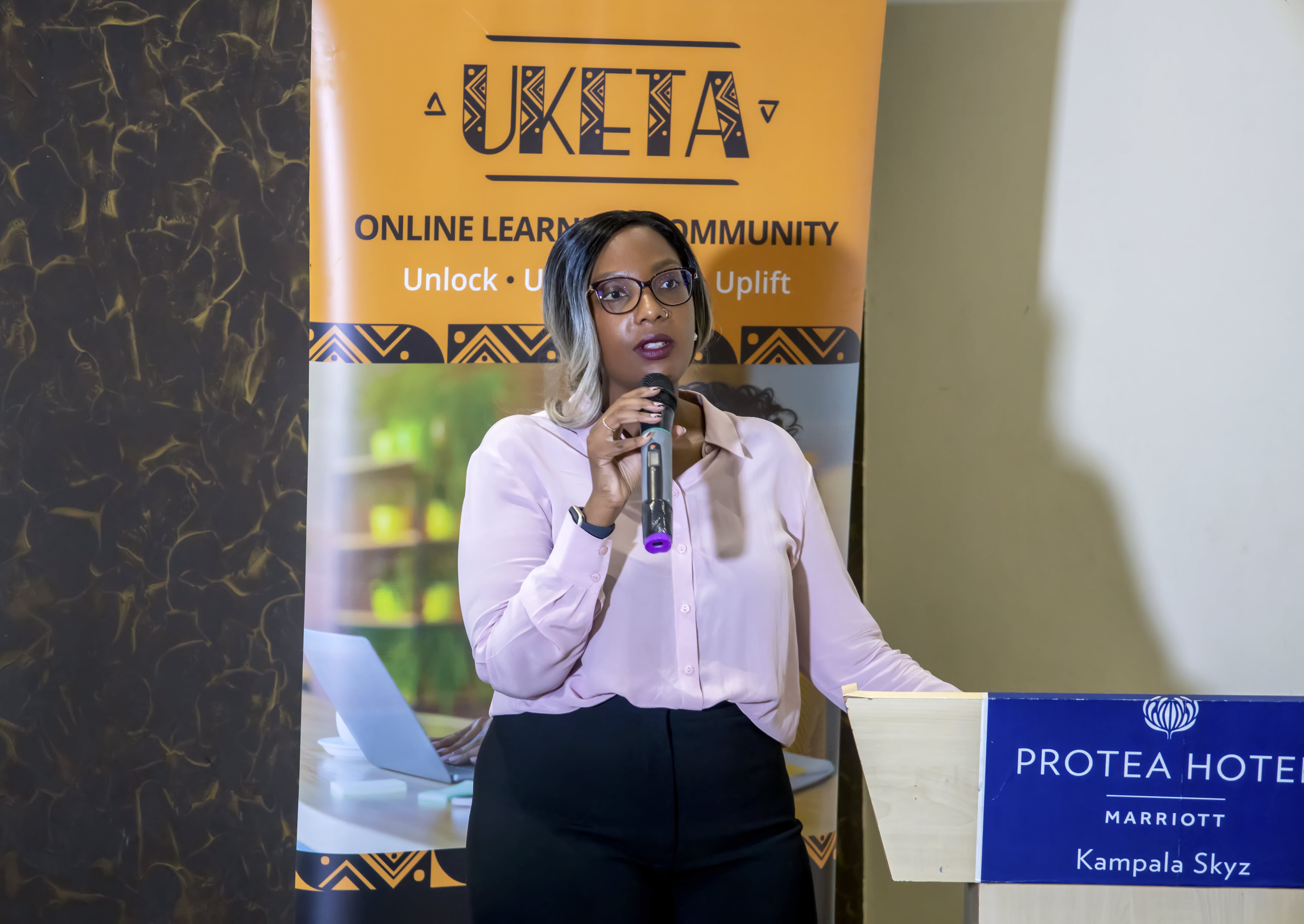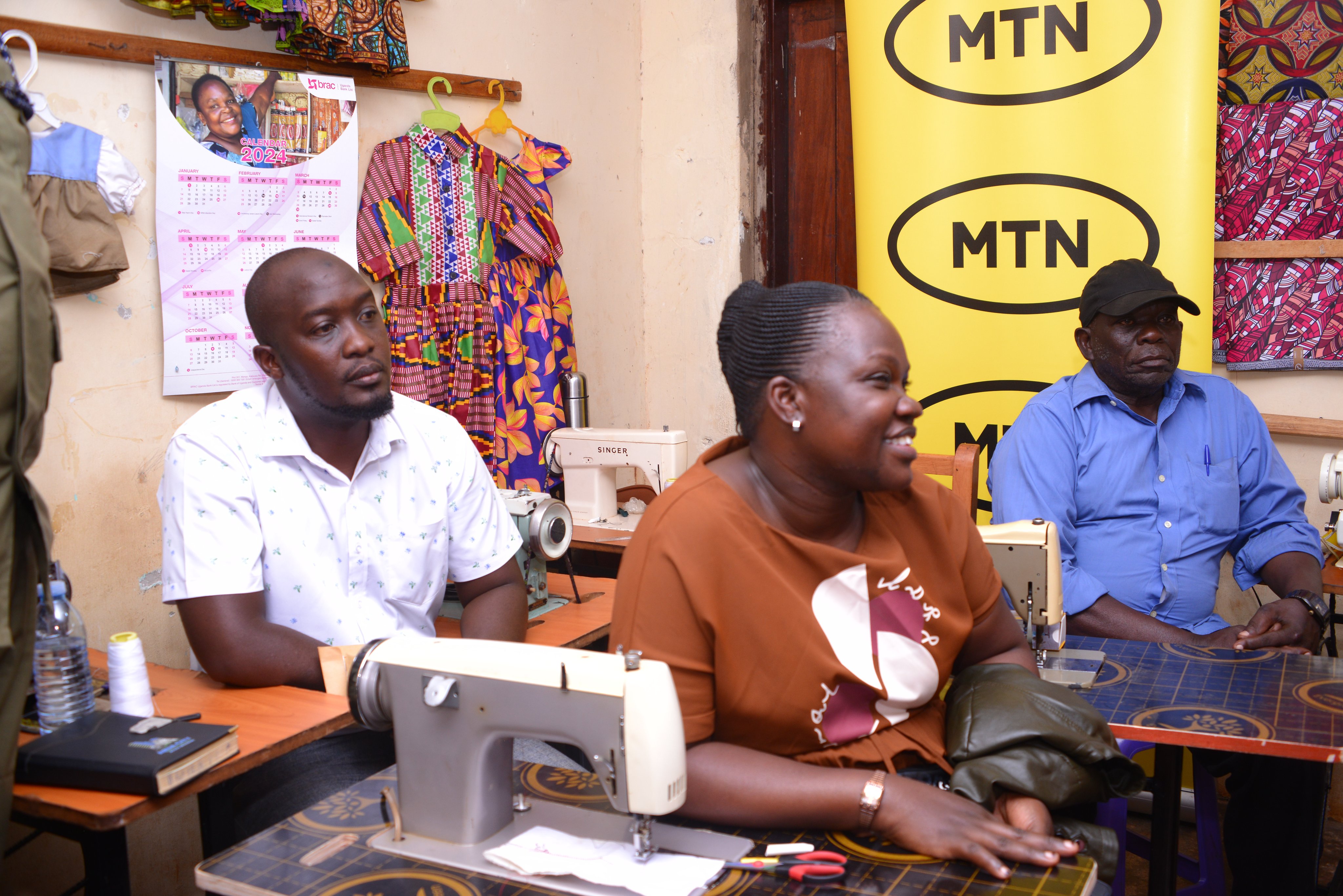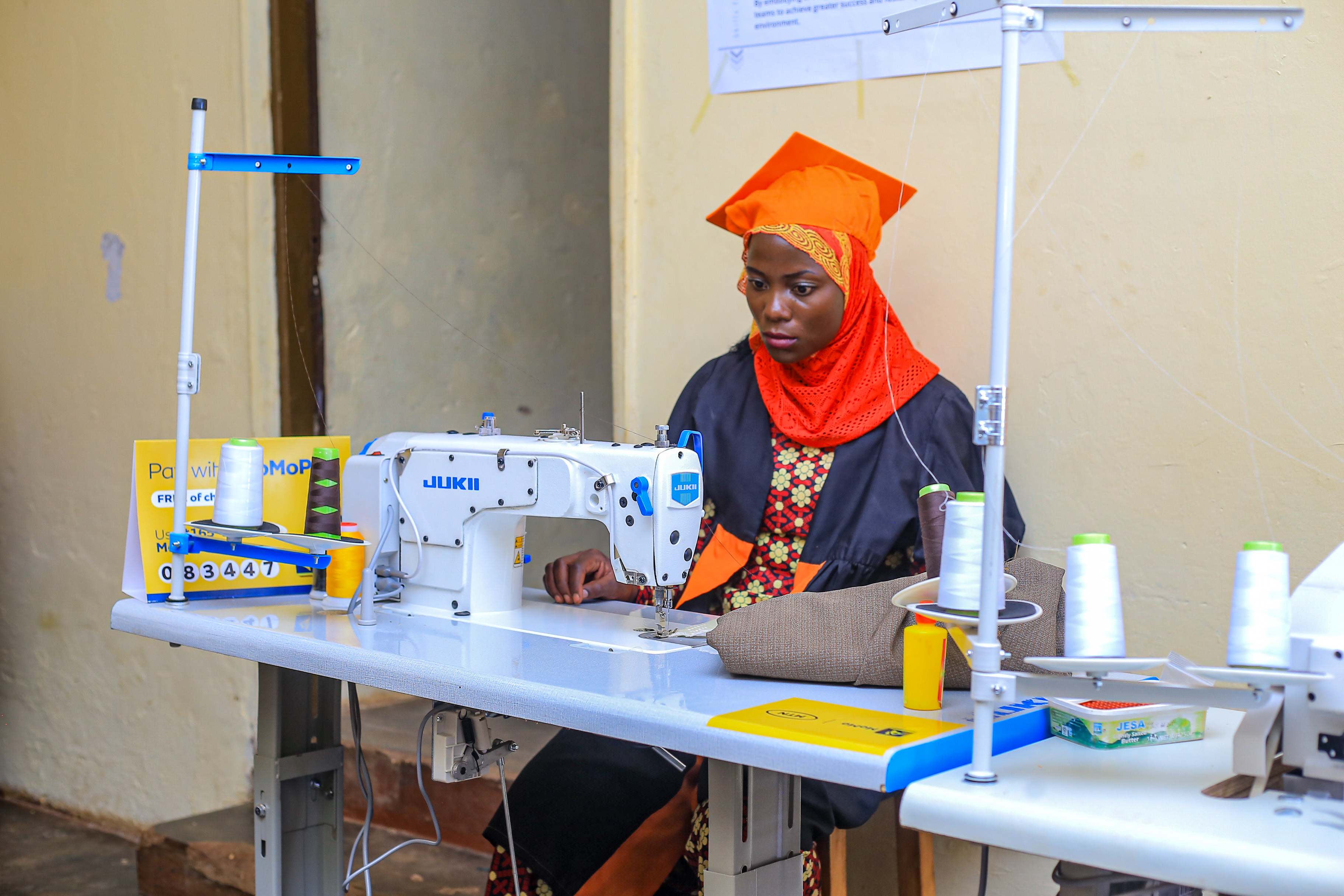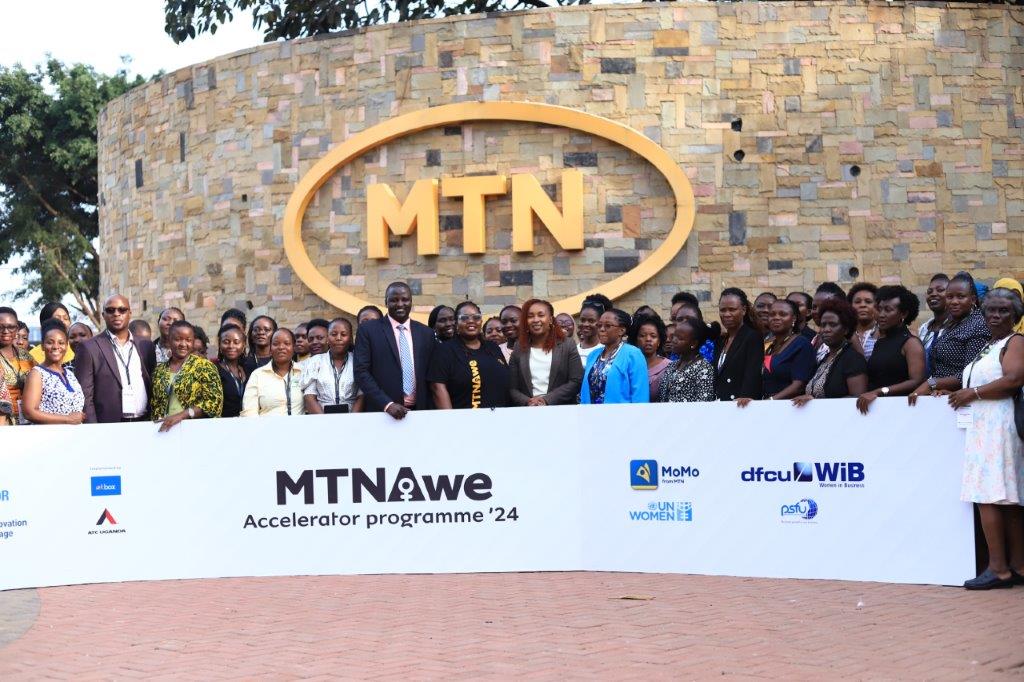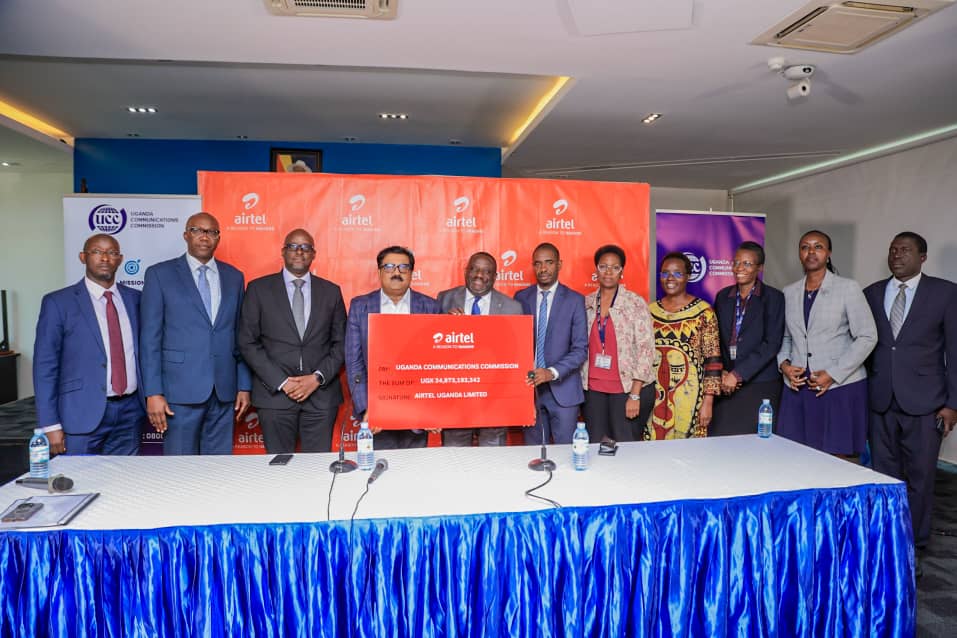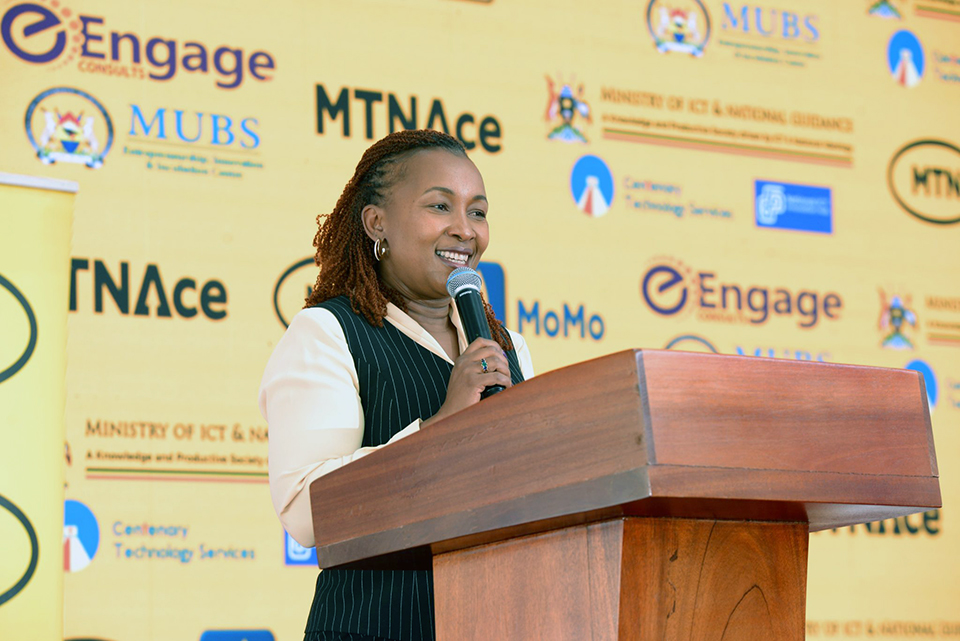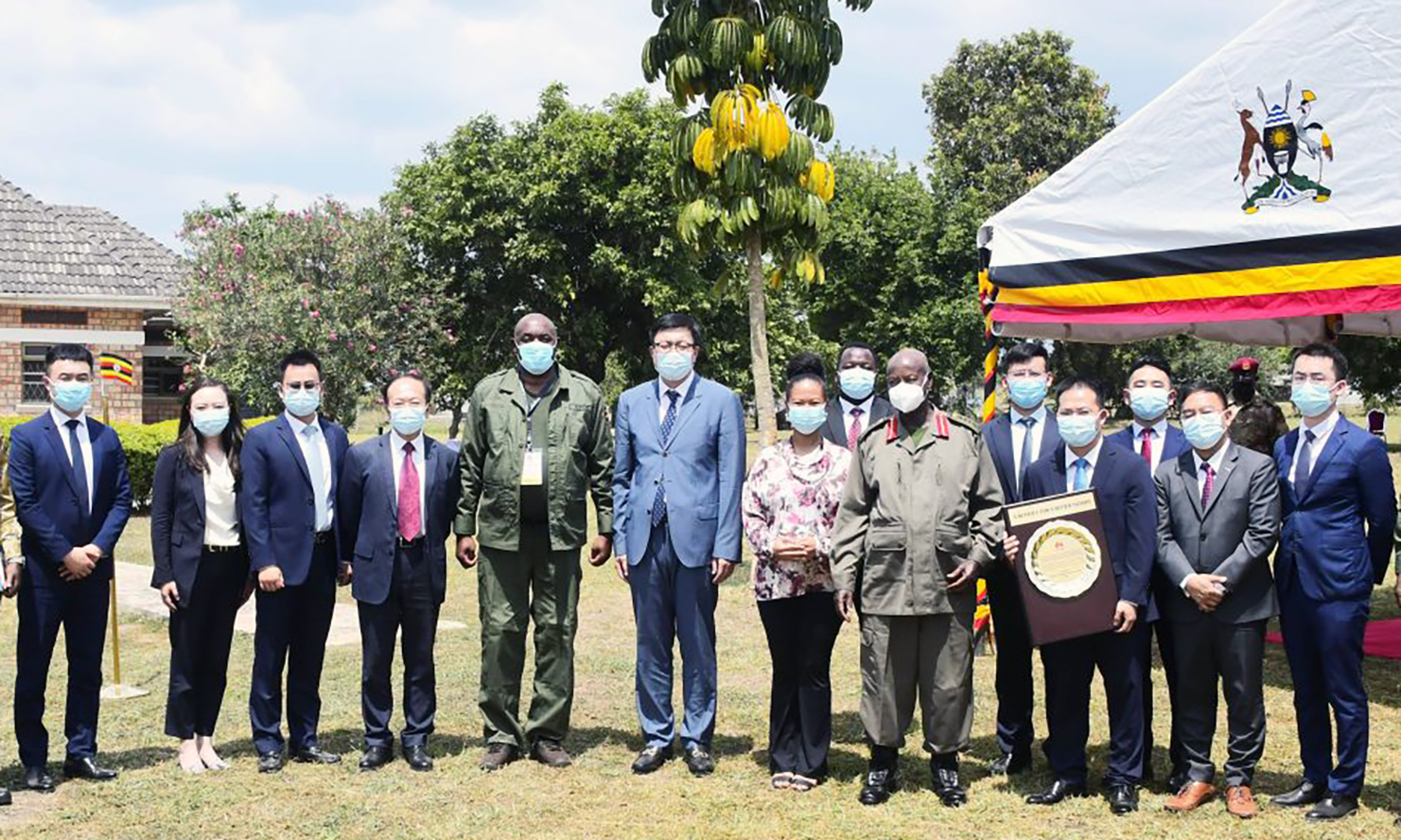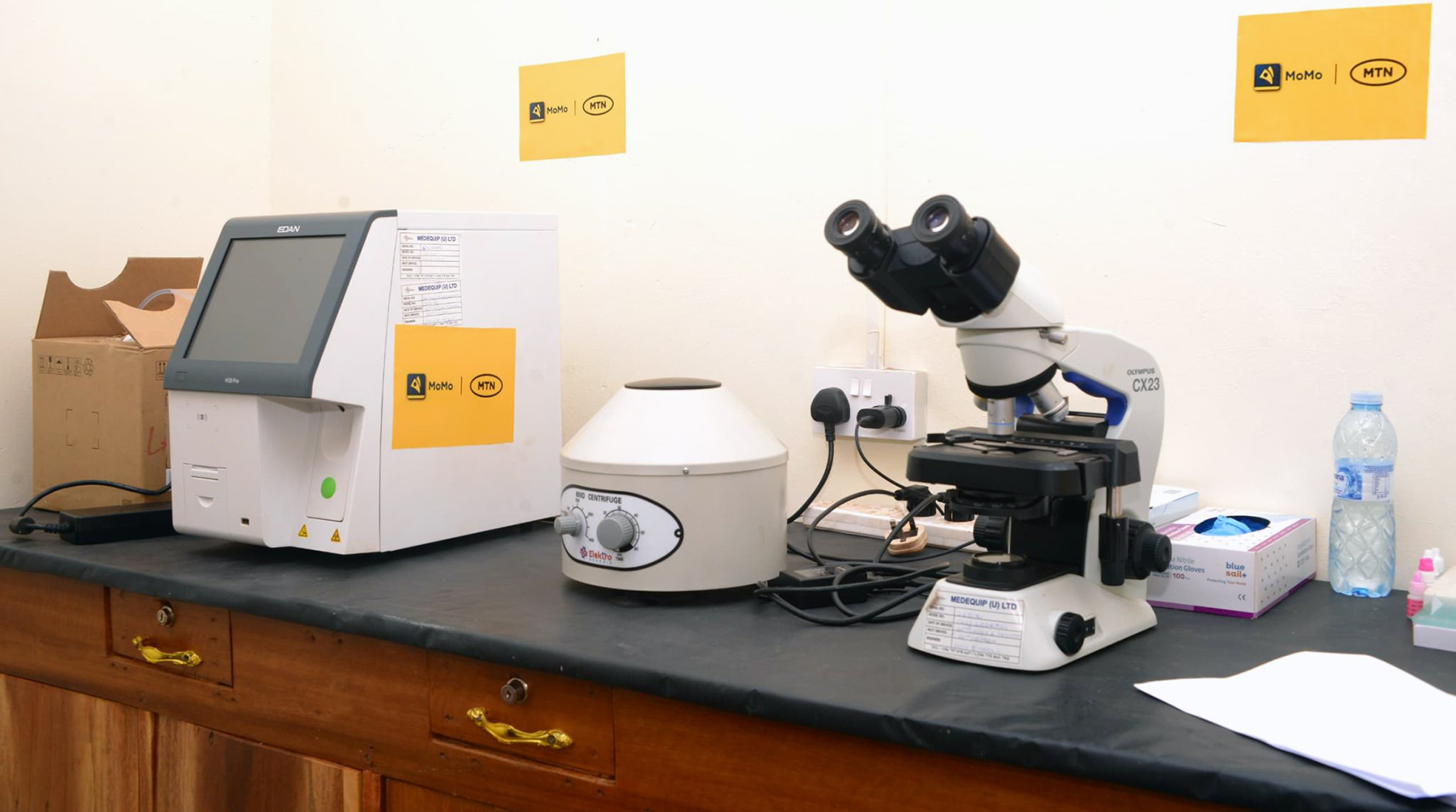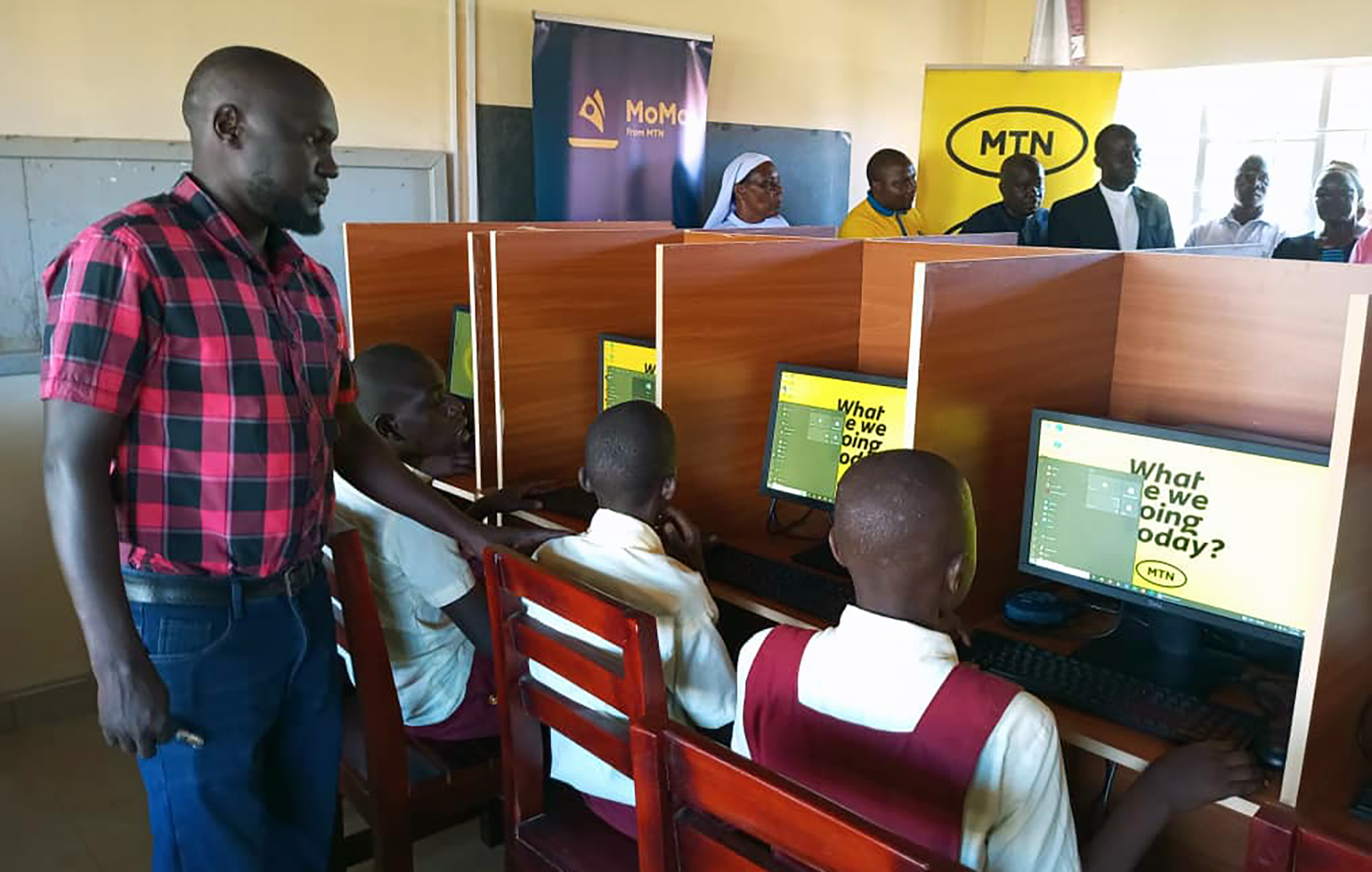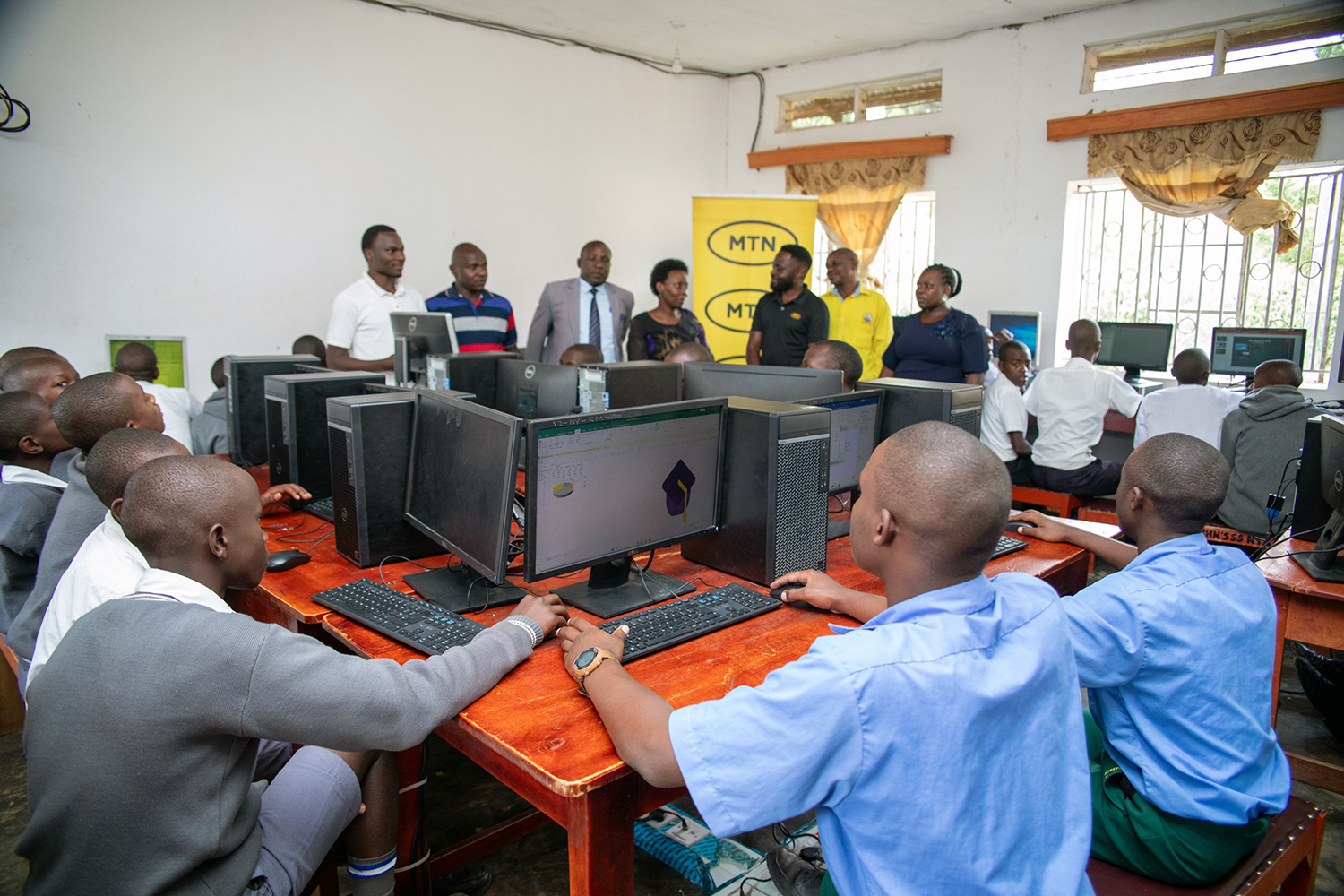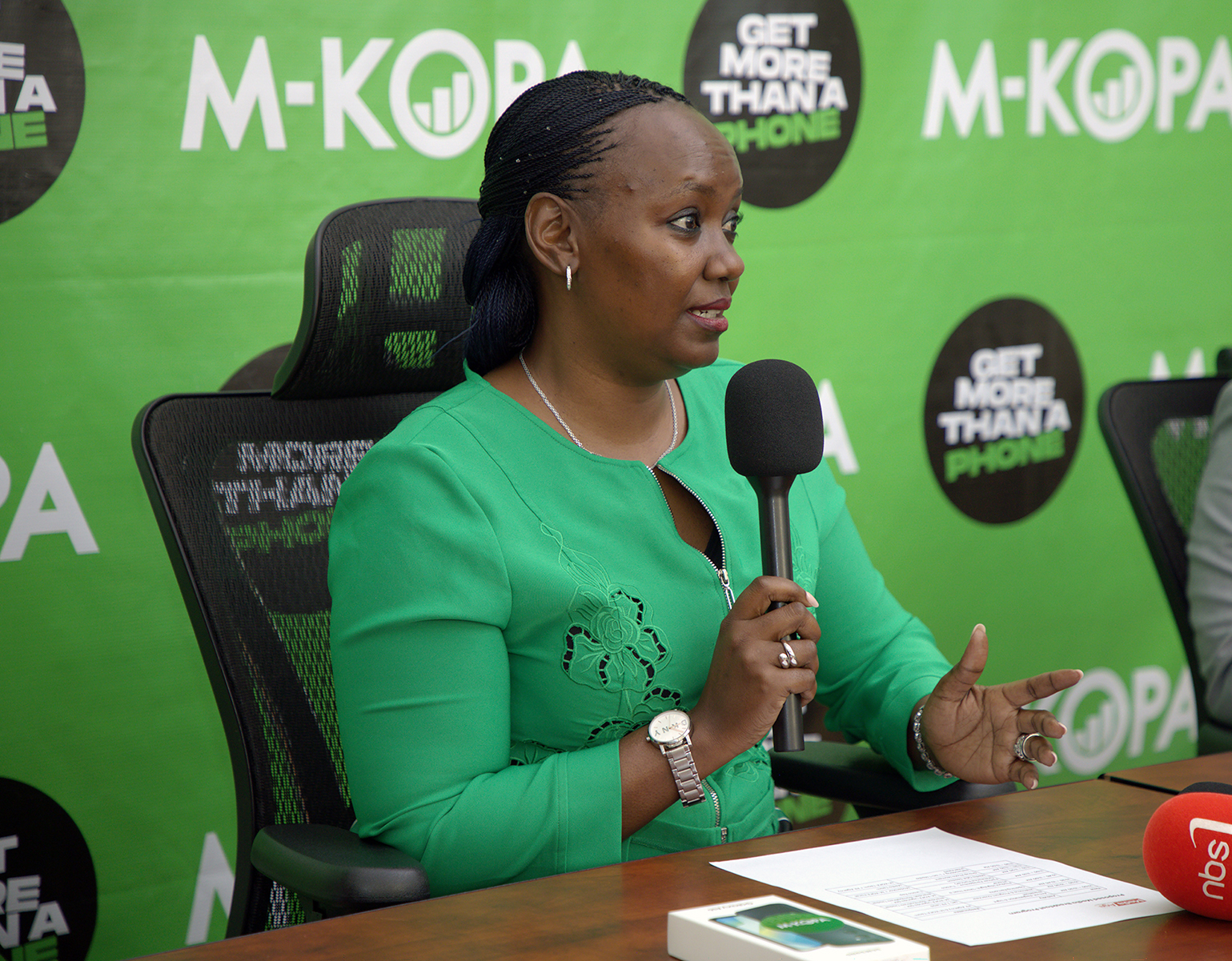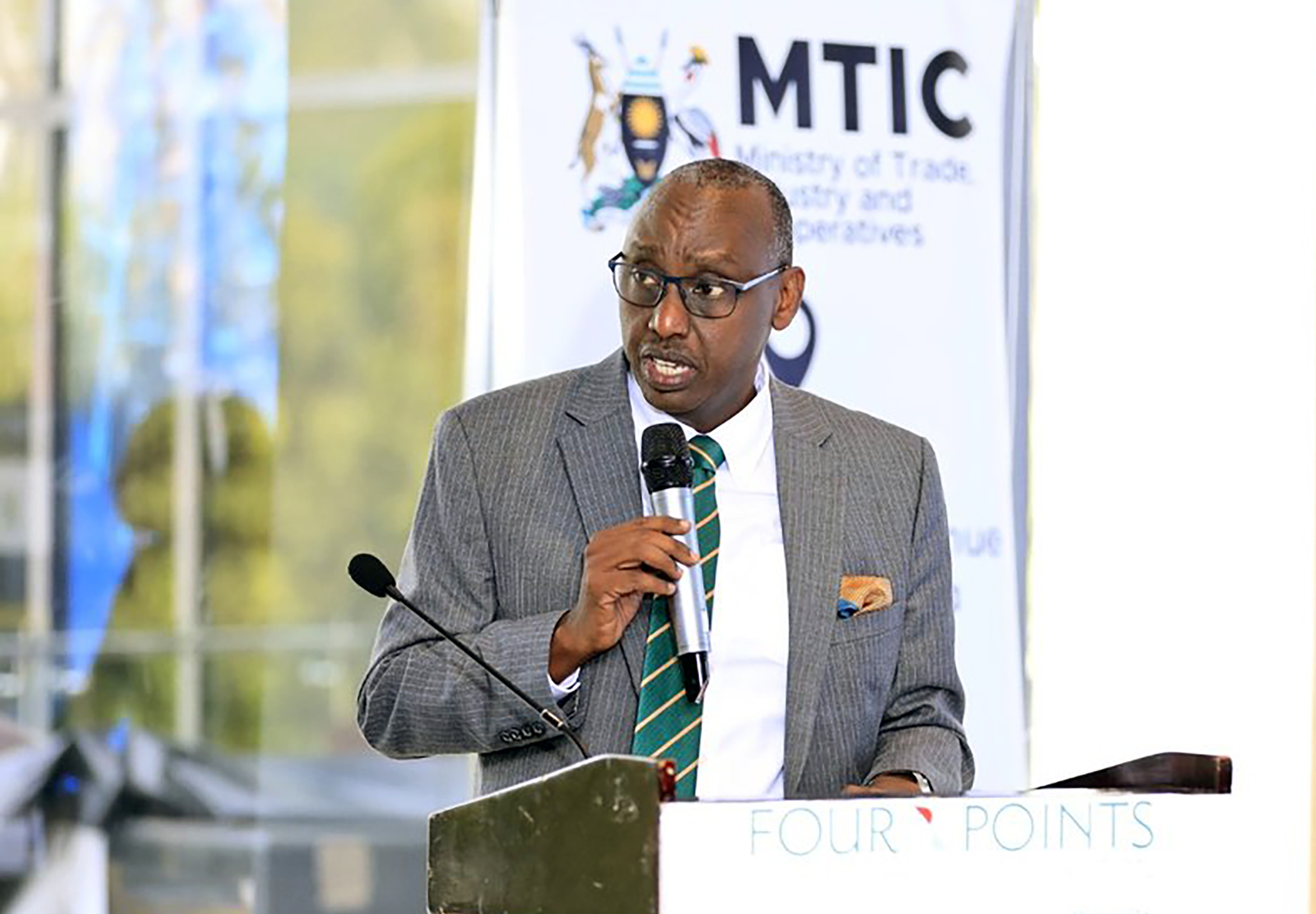NITA-U renews fight against rising cybercrime

Arnold Mangeni, the NITA-U Director of Information Security, speaks at the launch event in Kampala on September 3.
The National Information Technology Authority-Uganda (NITA-U), working with the Personal Data Protection Office (PDPO), has launched a nationwide campaign dubbed ‘Beera Ku Guard,’ aimed at reshaping how Ugandans think about cyber security, data protection, and privacy.
The campaign, unveiled in Kampala on September 3, seeks to reach at least 70% of the population through mass media, digital platforms, and community dialogues, teaching citizens how to protect themselves online and demand accountability from institutions that handle their personal information.
Uganda’s digital revolution has transformed daily life, with mobile money transactions, e-commerce platforms, and online government services now deeply embedded in the economy. According to the Bank of Uganda, mobile money transactions hit UGX 195 trillion in 2023, growing by more than 30% in just two years.
- Internet penetration has also expanded rapidly, with the Uganda Communications Commission (UCC) reporting that over 29 million Ugandans 65% of the population are now connected. But with this growth comes an escalating threat.
The Uganda Police Annual Crime Report 2024 revealed a 42% increase in reported cybercrime cases, ranging from mobile money fraud to data breaches in both public and private institutions.
Despite these risks, awareness remains dangerously low. A survey cited by NITA-U shows that while nearly half of Ugandans (48.8%) have heard of cyber security, only 13.6% understand what data protection and privacy mean in practice. Even fewer less than 10% use tools such as two-factor authentication or encryption to secure their accounts.
- “The same internet that connects us to jobs, services, and opportunities also exposes us to cyber risks that can cost us our freedom, money, and trust in technology,” said Arnold Mangeni, the NITA-U Director of Information Security.


Cybercrime is not a distant problem; it is already costing the country heavily. The Ministry of ICT estimates that Uganda loses over UGX 20 billion annually to cybercrime, while a World Bank study warns that weak cyber security could erode trust in the digital economy, slowing down e-government adoption and financial inclusion.
Regionally, the African Union has noted that cybercrime costs African economies more than USD 4 billion each year, with East Africa one of the most targeted regions due to high mobile money penetration.
The ‘Beera Ku Guard’ campaign, loosely translated ‘Keep on Guard,” is designed as a cultural shift rather than a technical exercise. It will teach citizens their rights under the Data Protection and Privacy Act, promote good habits such as using strong passwords, encourage businesses to secure customer data, and spotlight real-life scenarios of how breaches happen from hospitals mishandling patient files to SIM card fraudsters targeting mobile money users.
“Our people must see cybersecurity not as something technical or distant, but as a daily habit,” said Mangeni. “Every careless click, every leaked form, every unsecured device is a potential breach.”
- Officials emphasized that institutions are not off the hook. Less than 35% of Ugandan companies currently comply with the Data Protection and Privacy Act, according to the PDPO, leaving millions of citizens exposed.
- PDPO’s Paul Kakeeto illustrated the problem with a relatable example: “What if you walk into a hospital, fill out a form, and within days you are bombarded with strange calls selling you products you never asked for? Your private information has left the hospital’s file and landed in the wrong hands. That is not just an inconvenience it is a breach of trust and a violation of your privacy.”
The launch of ‘Beera Ku Guard’ signals a wider recognition that cyber security is now a matter of both national security and economic stability. With more Ugandans studying, transacting, and working online, the risk is no longer theoretical.
Left unchecked, cybercrime could slow Uganda’s digital transformation, weaken trust in public systems, and deny businesses the opportunity to scale. NITA-U pledged to complement the campaign with ongoing investments in infrastructure through initiatives like the Uganda Digital Acceleration Project, which aims to extend secure connectivity to underserved regions.
The government’s hope is that by the end of the campaign, millions more Ugandans will not just have heard about cyber risks, but will know how to defend themselves against them.



